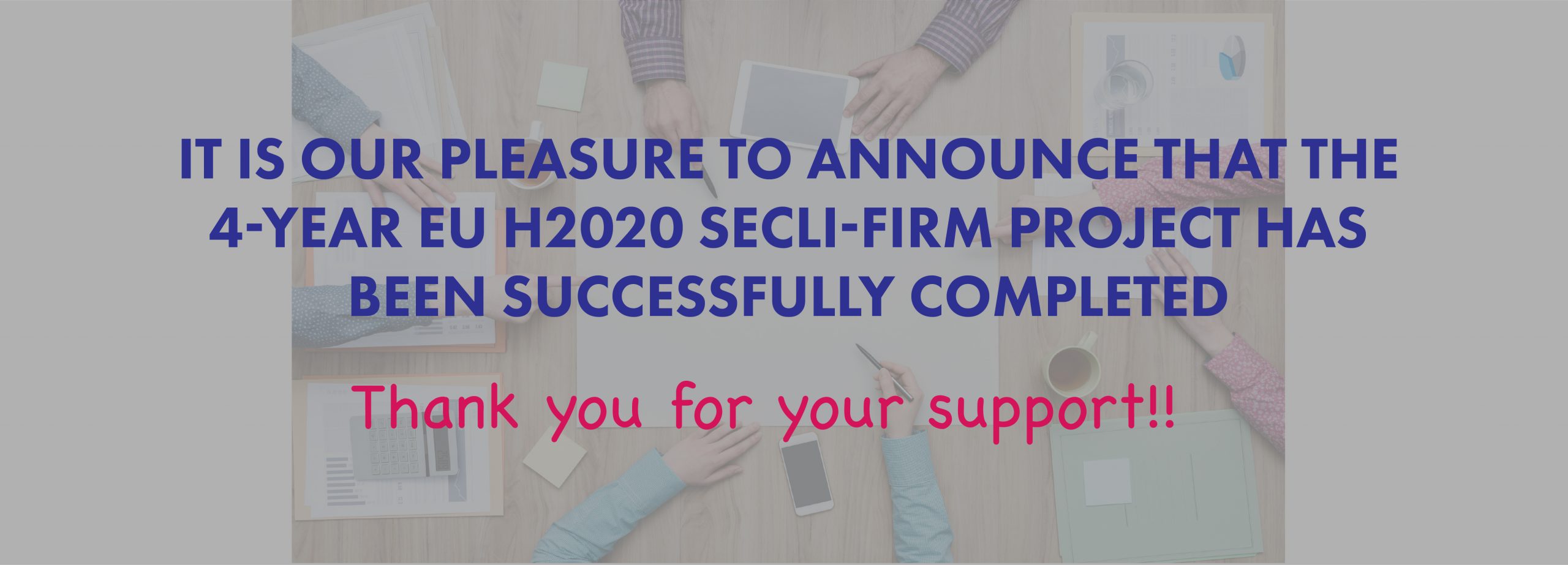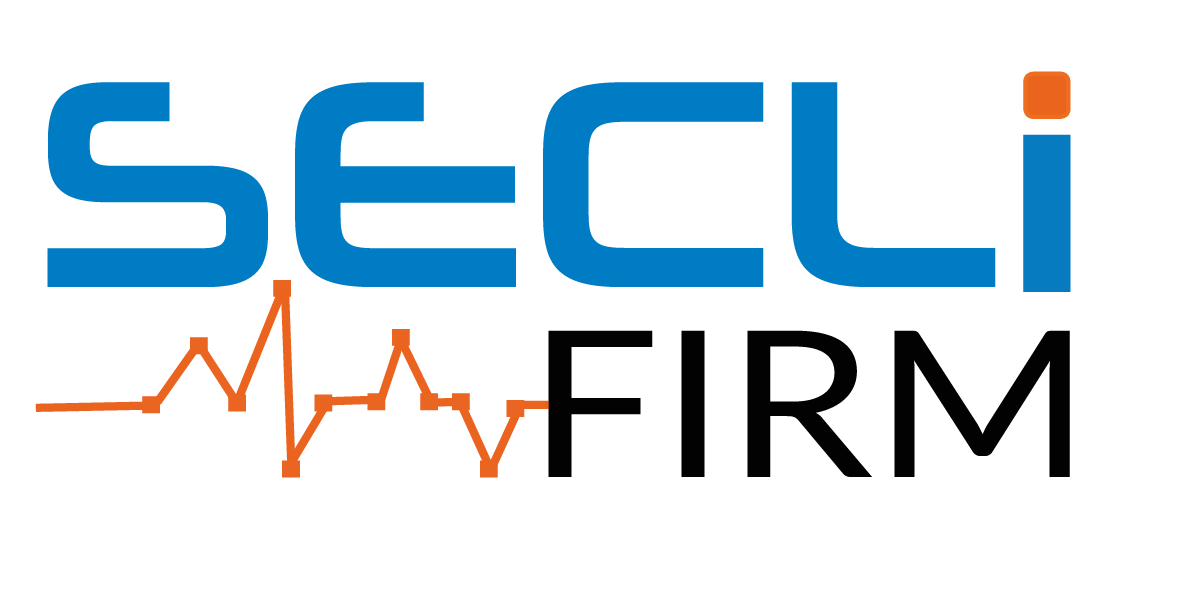
Thank you to all the partners that contributed to SECLI-FIRM, including the project leader: University of East Anglia (UEA), the project contributors: Enel, Enea, Eurac, Alperia, UL, Met Office, Meteo-France, WEMC and KNMI, and the case study users: National Grid, TenneT, Shell, Thames Water and Celsia. Our thanks also go to the European Union for their funding support for the project. Further thanks go to all who took part in the final conference online and via our live streams.
Find out more about the SECLI-FIRM project highlights here:
About
The Added Value of Seasonal Climate Forecasting for Integrated Risk Assessment (SECLI-FIRM) EU H2020 project ran for 45 months from February 2018 to October 2021. It aimed to demonstrate how the use of improved climate forecasts, out to several months ahead, can add practical and economic value to decision-making processes and outcomes in both the energy and water sectors. The project promoted research advances in the most effective seasonal forecasts for specific applications, as well as the uptake of seasonal forecasts by industry, expanding the climate services market.
SECLI-FIRM provided accurate information to aid the implementation of relevant decisions to all levels of energy management. Meteorological variables have a significant impact upon many segments of industry, including the power price through renewable productions (solar, wind and hydro) and power demand, and on gas demand (especially in winter).
Energy organisations, both involved in the project and not, will benefit from seasonal climate forecasts. Improvements in management decisions will ultimately lead to an improved supply-demand balance in the energy sector, and therefore to a more efficient energy system. This will be particularly useful in the renewable energy sector and with corresponding benefits for climate change mitigation.
Project Objectives
- To characterise the end-user requirements and associated decision-making uses for a wide range of stakeholders, using case studies to identify the climate-dependent factors relevant to management decisions.
- To optimise climate prediction performance and overcome identified limitations in forecast skill and to maximise reliability, usefulness and potential economic value to stakeholders by developing a multi-model seasonal prediction dataset.
- To quantify the value-add of climate forecast to decision-making, using case studies to evaluate the benefits of the optimised seasonal products
Project Outcomes
Improved skill of multi-model seasonal forecast combinations:
- Scripts are now available to assist climate service developers who are not experts of seasonal climate forecasts to create databases.
- We have identified a practical solution to assist the application of seasonal climate forecasting postprocessing methodologies.
Measurable economic benefits of the use of seasonal forecasts as evidenced by the case studies:
- Decision trees have been put together for each of the nine case studies. These are a valuable, practical tool to aid understanding of sector-specific decision-making processes, which can be easily exploited.
- The project has highlighted the potential of cross sectoral learning, where there is scope to transfer learning based on the outputs of other EU climate services projects.
- Flyers created to communicate the case study outcomes can be used as a dissemination tool, and therefore provide further opportunity for exploitation.
- The SECLI-FIRM summer school saw over 250 global registrations where participants and listeners gained knowledge of all the elements of climate services, to understand how they work, how they are produced and their use. The summer school is available to watch on the WEMC Youtube channel.
- We have also developed several types of trial climate services to provide a spectrum of options and different opportunities for exploitation.
- Through a collaboration with WEMC and Enel, the TEAL tool was developed and tailored. A free access version is available so other projects are able to exploit the tool. WMO and WEMC are now in the process of investigating how to include indicators that will show assist energy vulnerability assessments
A key lesson from the SECLI-FIRM project was the:
CO – CO – CO (Co-design, co-development, co-production and co-evaluation)
-
CO- CO – CO is a key element in climate service development.
- It must include effective communication between users, physical science and social science.

